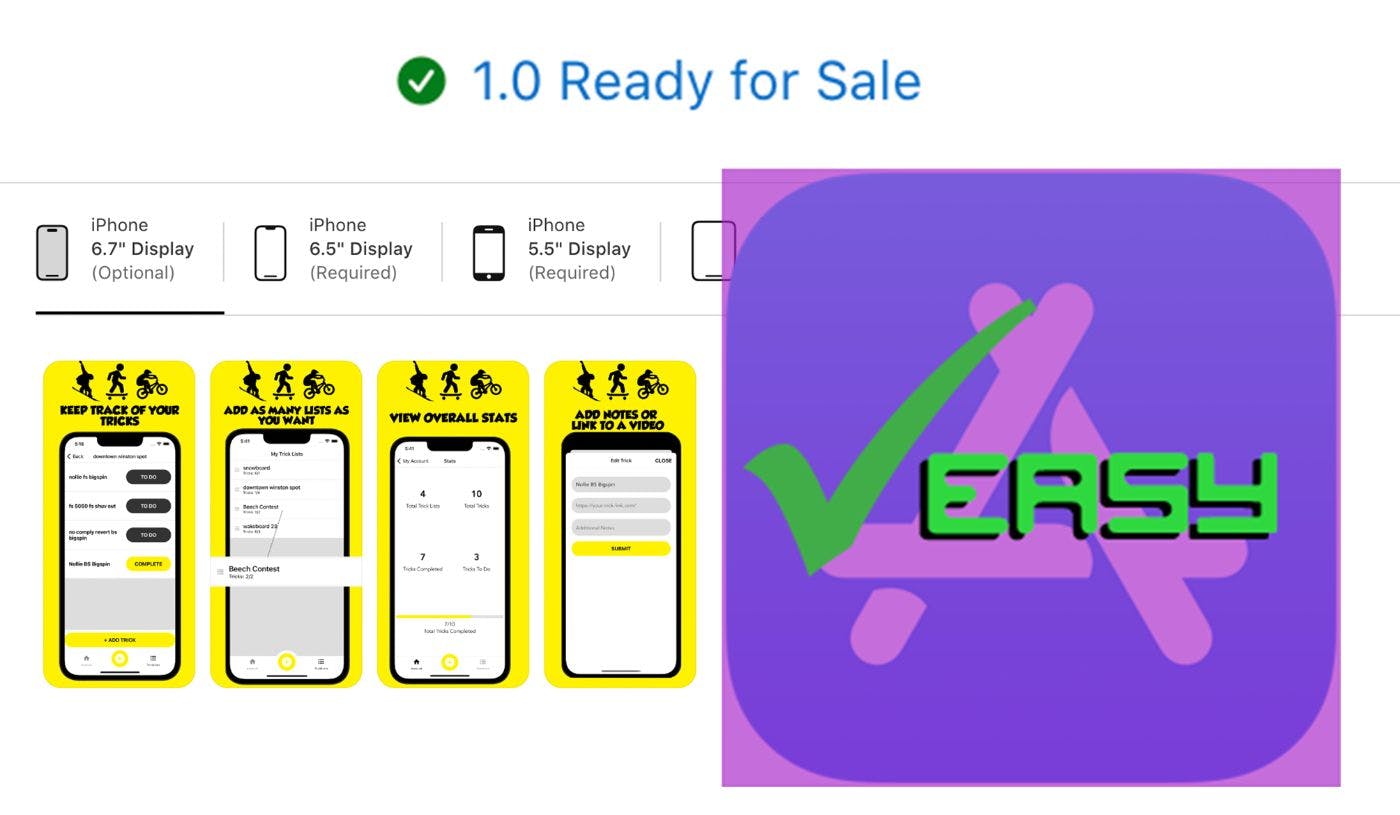498 reads
How to Publish On the App Store
by
March 28th, 2023
Audio Presented by

Freelance Web Developer, evolved into Full-Stack Engineer, evolving into Product Manager
About Author
Freelance Web Developer, evolved into Full-Stack Engineer, evolving into Product Manager
